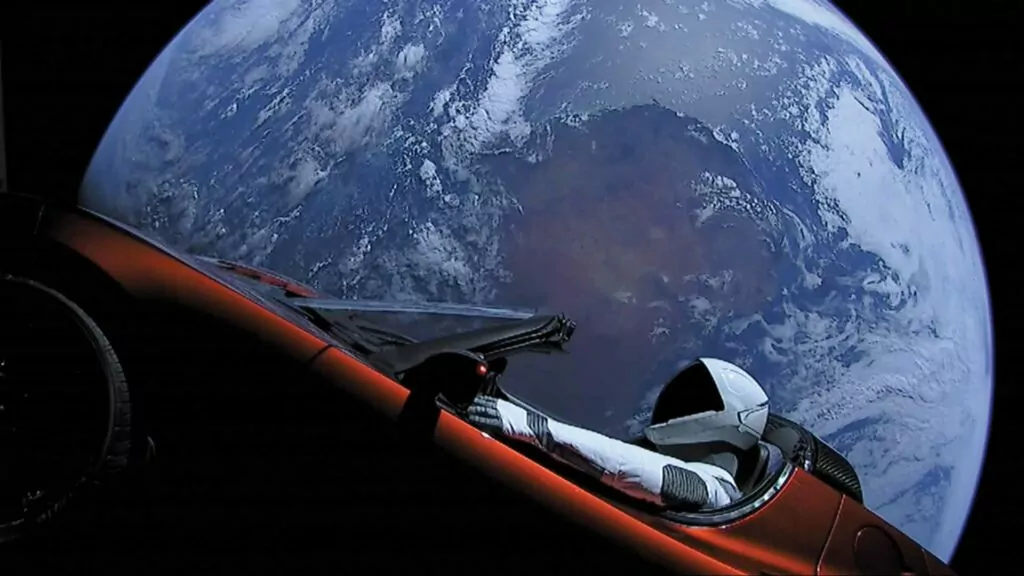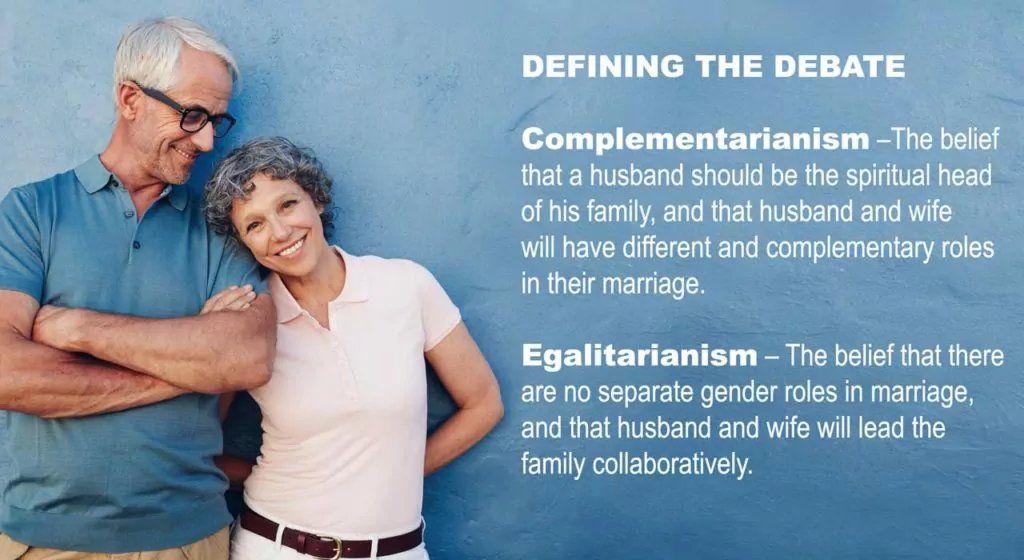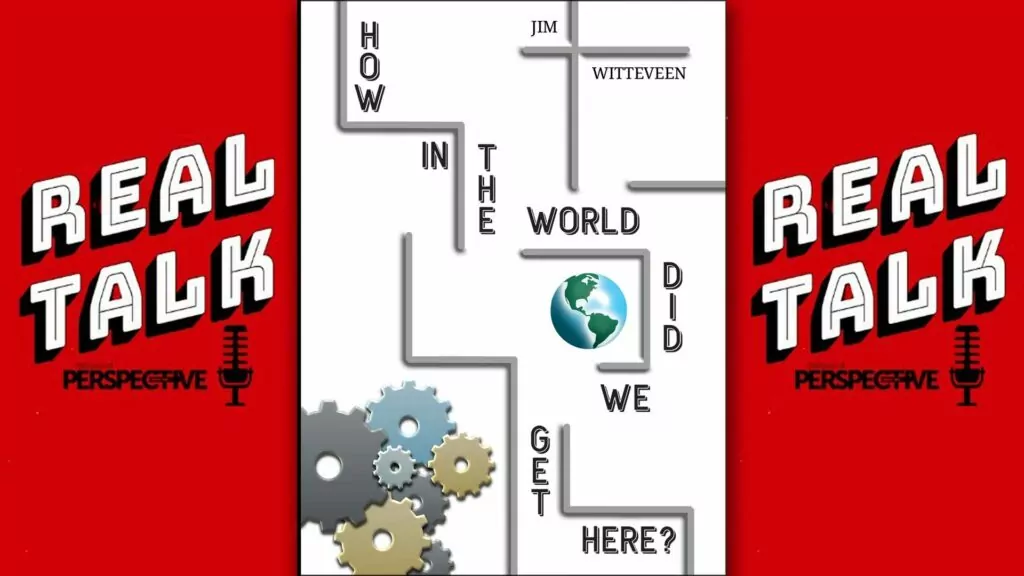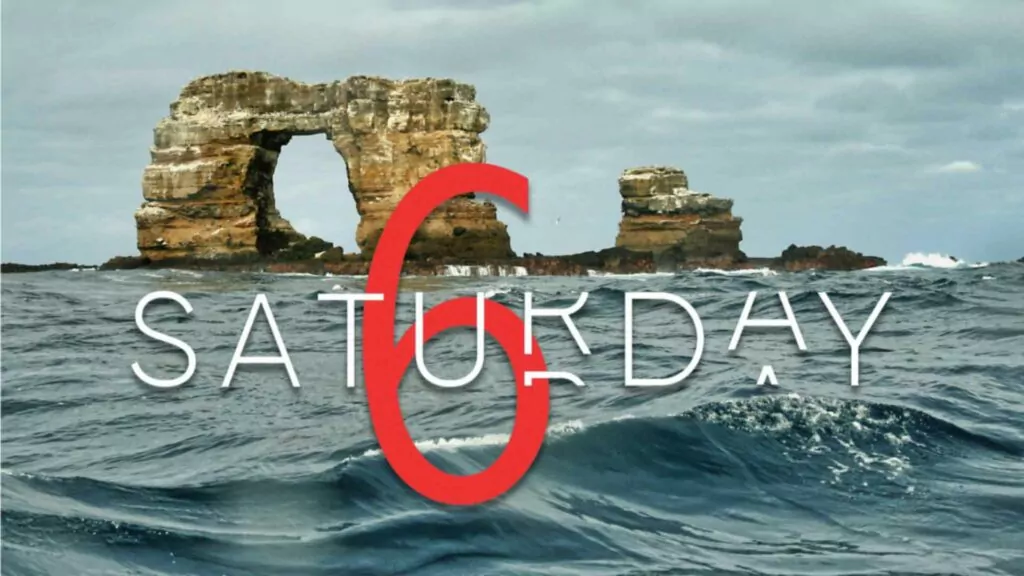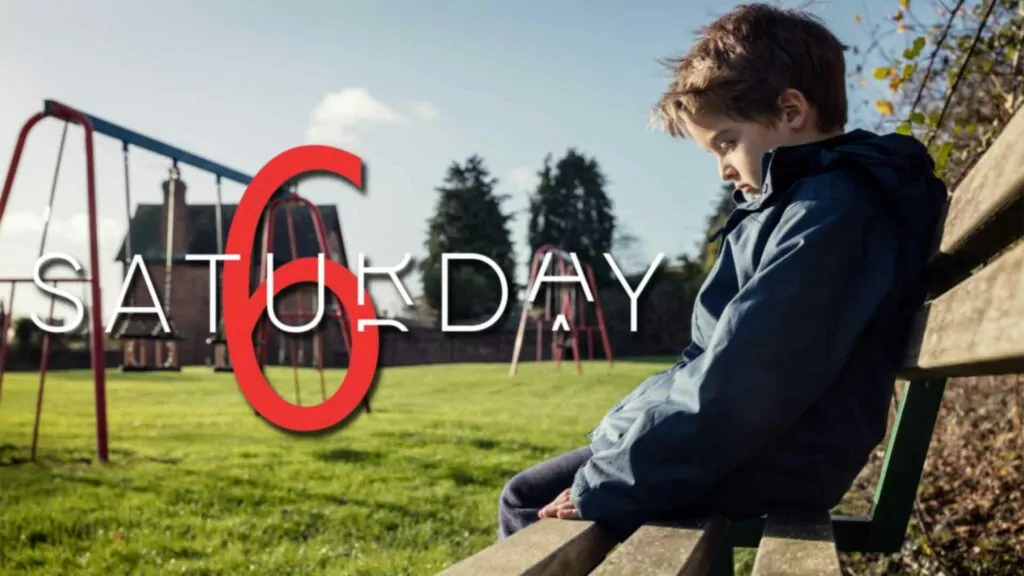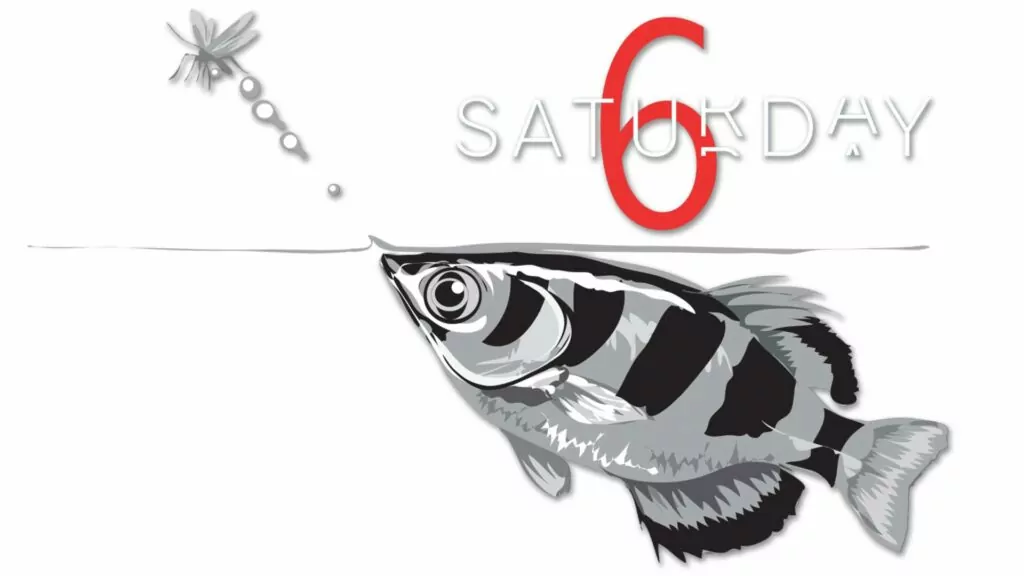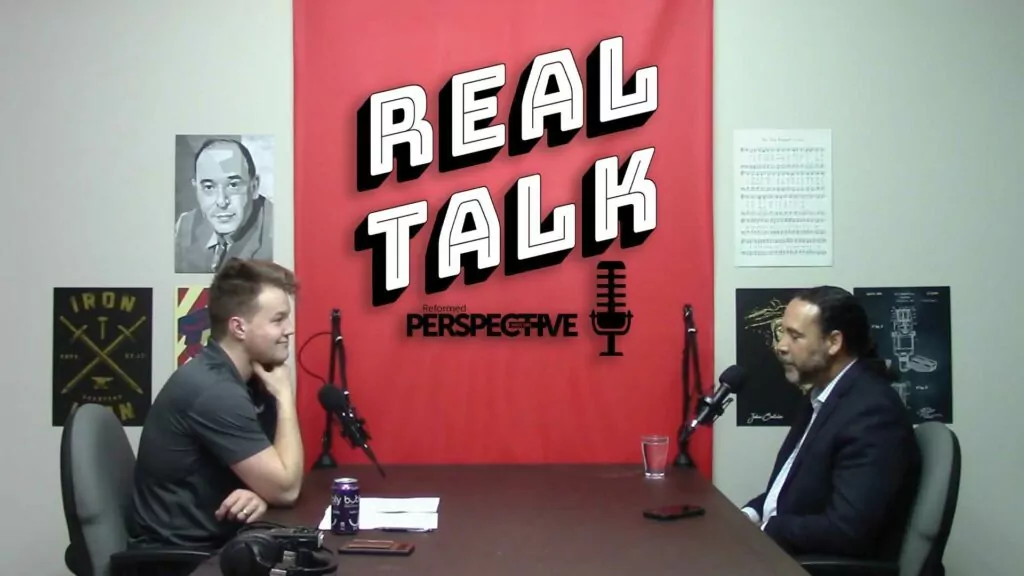
Evangelism
When it comes to evangelism, do we trust the Holy Spirit will show up?
This is an overview of a recent episode of Lucas Holtvlüwer and Tyler Vanderwoude’s Real Talk podcast. Real Talk is a bi-weekly podcast of Reformed Perspective featuring great conversations on everything from propaganda to pornography. If you haven’t checked it out, you really should. And you really can, at www.RealTalkPodcast.ca.
*****
Lucas Holtvlüwer recently interviewed Dr. Eric Watkins to learn more about evangelism and church planting from one with a lot of experience and wisdom. Dr. Watkins is the pastor at the Harvest Orthodox Presbyterian Church (OPC) in San Marcos, California and is also the director of the Center of Missions and Evangelism at Mid-America Reformed Seminary.
Dr. Watkins wasn’t raised in the church. Growing up in North Carolina, he was a troubled youth, particularly after his father left his mom when Eric was just twelve years old.
After college, Watkins was drifting around the country, following the band “The Grateful Dead,” when his sister lent him her Bible: “you’re going to be stuck for a few days on a bus, so take this…” Eric recalls that through His Word,
“God confronted me by His spirit, and convicted me that I was a sinner… and that Jesus was the Savior and had done for me what I could not do myself… I got on the bus a long-haired stinking deadhead, and I got off the bus a week later, longer-haired and stinkier, but converted!”
Dr. Watkins then began a long journey of learning more about the Lord, going to seminary, becoming Reformed, and teaching Bible classes at the same church where he now ministers in California. Becoming a pastor, Watkins helped plant a “daughter” OPC congregation in Orlando; seven years later he and his family moved to St. Augustine, Florida to start a “parachute church” – meaning that there was not yet an established core group, and one needed to “start from scratch.” By God’s grace, these two churches are still thriving today.
Capital “E” Evangelism and lowercase “e” evangelism
Watkins defines evangelism as:
“bringing the truth claims of the Gospel to bear upon the hearts of those that are outside the kingdom… where the objective content of the Gospel is made clear and people are called to faith and repentance in Christ.”
He further differentiates the general call of Christians to evangelize, from the specific calling by a church body for one to do the work of an (uppercase) Evangelist. “Like Paul says to Timothy, ‘Fulfill your ministry – do the work of an Evangelist,’ or when Paul says in Corinthians ‘Woe is me if I don’t preach the Gospel.’” In Watkins’ opinion, church planters in particular bear that warning to fulfill their duty to evangelize.
“Among the list of gifts that Christ gives to His Church in Ephesians 4 there’s a role for the gifting of the Spirit in the area of evangelism for people that are called to do particularly evangelistic ministry, and they literally live and sleep with that ‘woe is me if I don’t preach the Gospel.’ So that’s in a category of capital E Evangelism.
“Lower case ‘e’ evangelism is what the whole Church does. So, like in Acts 8, when the church is scattered, it says not simply those who were ordained like the apostles but men and women who were dispersed went about proclaiming the Gospel. To me that’s lowercase ‘e’ evangelism…. Even lay people in the Church in some fashion or another are called to walk wisely before the watching world, and even to engage them at times and opportunities that God will provide with the claims of the Gospel….
“There’s something important to be recognized in ministering not simply the Gospel to people, but also ministering the Gospel through people, and to help our members understand that they too have a role to play in the great commission, and the promotion of the life and the work of the Church. It may not be street corner preaching, or handing out tracts… but it is befriending the people that we have the opportunity to get to know that are outside the Church, wherever we’re able to meet them.”
Enough time for members old and new?
Holtvlüwer asked Dr. Watkins if there can be tension in the church when there is so much focus on reaching those outside the body, since there are also many needs among the current members. Watkins agreed that this can be difficult, and he advised that there should be clarity on what is required of the pastor and elders, best captured in written descriptions of their roles.
“For instance, it takes a certain number of hours a week to prepare a sermon; it takes a certain number of hours a week to visit the congregation, to do the bulletin, to meet with leaders, to disciple, and to do evangelism. So we have to decide what we think is important; we need to prioritize, and there needs to be not only transparency and accountability for the church planters, there also needs to be protectiveness for him and his family… It’s really important that you protect the time and space for the pastor to do evangelism… even after the church is up and running.”
Watkins continued:
“Visitation is very important in Reformed churches; I think regrettably evangelism isn’t, and we’ve created an unintentional… paradigm in which we have so busied our pastors that there’s no room for evangelism… There’s a lot of guilt on the shoulders of our pastors that that this work really is important, and should be done, but I’ve got a 60 plus hour work week, with two sermons, and a congregation, and Consistory and Council meetings.”
Holtvlüwer suggested, “This might mean that you need to get a second pastor if your church is of a certain size.”
Do we expect the Holy Spirit to show up?
Talking about Reformed churches and evangelism, Watkins reminded listeners that John Calvin wrote his most famous books like The Institutes of the Christian Religion, as,
“…discipleship tools for new converts to the Reformation, and as a pastor he modeled and did evangelism. He housed orphans in his home, and what we could call seminary students whom he trained and taught the work of the ministry including evangelism…. Calvin is nicknamed the Theologian of the Spirit, and if you read his writings as they relate to evangelism, he wholeheartedly believed in it….
“Our problem at times is that we have too small a view of the Holy Spirit… We don’t expect (Him) to show up much, and to do great things in and through our church. Do we really expect God to convert people through the preaching of His word? Do we expect God to convert people off the streets, out of depravity and drug abuse and all the different things that are out there, into the arms of the church? Do we expect to see baptisms not just of kids but adults in our church? I think our Trinitarian theology could be enhanced and brought into greater conformity with Calvin’s view… that invigorated his ministry.”
Holtvlüwer wondered how or if Reformed churches had strayed from Calvin’s mission of being evangelistic in orientation. Watkins summarized that
“Part of the Church’s temptation in history has always been to isolate itself from the world rather than to engage. And yet with the best of intentions: because we don’t want our covenant kids to get swallowed up by the world. So what do we do? build high walls around them and insulate them from the world. The other is to train and equip them to engage the world with the Gospel…. Do we simply teach kids to think about what’s wrong with the way the world thinks, or do we also teach them how to engage the world, not simply apologetically, but evangelistically.… Do we disciple with a view towards raising up people that will be able to contend for their faith in a 1 Peter 3 way or Colossians 4 way?”
Watkins also identified the opportunity for the younger generation of Reformed Christians.
“The world has come to the back door of the Church, and the front door, and is on either side of our house – it’s all around – the nations are all around us! What will we do with the… opportunities that God has placed before us in an increasingly diverse world. It’s an exciting time (for spreading the Gospel!)”
Christian schools and our covenant youth
Holtvlüwer mentioned that he is thankful for, and understanding of why our parents and grandparents spent so much energy and effort on establishing Christian schools, and that these institutions can still serve as a bulwark against the teachings of the world that are so prevalent all around us in social media and in the culture overall. But do we need to do more to prepare our kids to go out to the world with a strong apologetic viewpoint?
Watkins expressed thankfulness for Christian schools (his own children attend a Christian school in Escondido): “I’m not trying to change that paradigm at all!” At the same time:
“…social media has more access to our kids now than parents, pastors, and Sunday school teachers combined… the amount of time that kids are spending online in different media platforms (is huge)…”
What is the answer to all these potentially harmful influences? Watkins reminds listeners of the well-known Biblical verse,
“‘Train up a child in the way that he should go!’ That is, not simply protect and shelter him from all the things you never want him to hear or learn about… Parents and pastors must be the teachers, not the world… There’s a challenge to not simply reach the lost, there’s a challenge to keep our kids! There are a lot of kids that are drifting away from the church, for different reasons… and while there’s no silver bullet… I do believe in discipleship…”
Wakins continued: “An uncomfortable question we could ask would be,
‘Could a covenant kid graduate high school without ever seeing a parent or church leader share the Gospel with a non-Christian?’ …if the answer is yes, then think about what life looks like for them when they… go off somewhere else perhaps for college or a job. So we have to train our kids with not simply what’s wrong with the way the world thinks, but (train them) to engage the world evangelistically, in the hope that in doing so (we might) actually insulate our covenant kids the right way.”
Watkins wanted to emphasize that he appreciates the Reformed faith, and in no way wants to tear down the institutions that Reformed Christians have built.
“The Reformed faith is grand, as J. Gresham Machen said, and we have some of the most wonderful tools at our disposal… we do a great job in many ways raising our covenant kids. By God’s grace we have a wonderful doctrine of the Church, and what the world needs most… is for the church to be the church! To continue to be committed to the ordinary means of grace… to be committed to family worship, and at the same time… to use the tools for evangelism that are part of the Reformed faith.”
In the last part of their conversation, Holtvlüwer and Watkins discussed mentorship as a way for mature Christian men and women to provide leadership and guidance to younger people, both those new to the faith and those who have grown up in the church. Watkins ended his contributions with a call for “young men to consider a pastoral call in the ministry. We need pastors, we need church planters!”
The complete discussion between Holtvlüwer and Pastor Watkins can be found on all major podcast platforms – just search for “Real Talk Reformed Perspective,” episode 63. And you can watch it on YouTube below.













